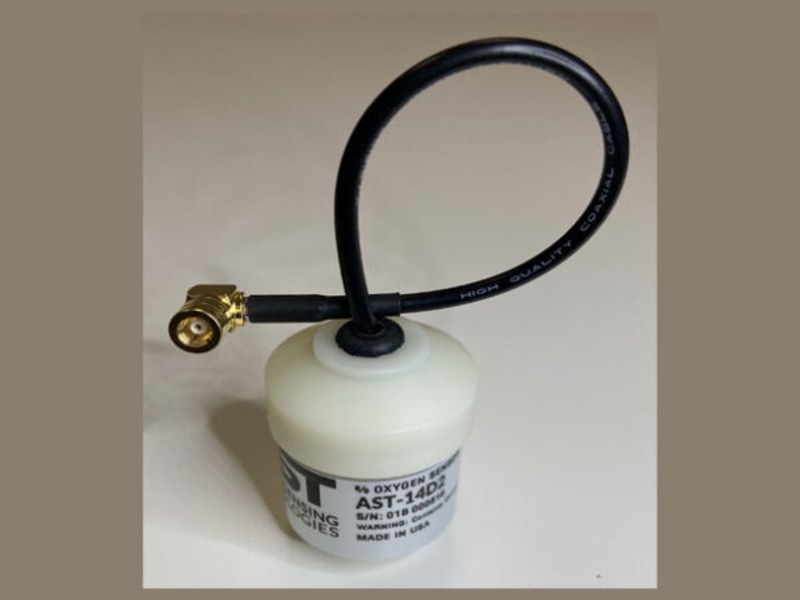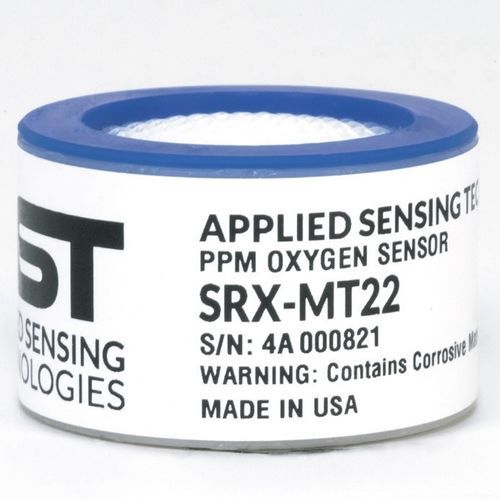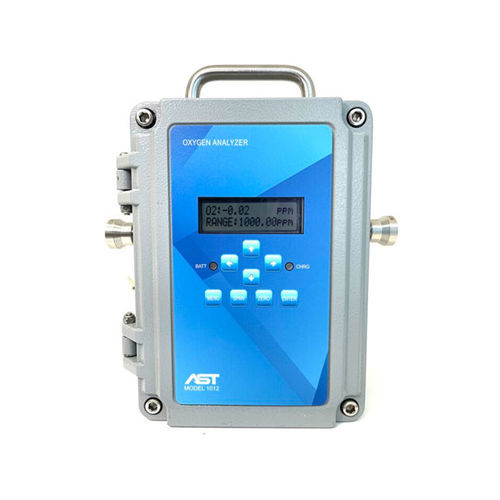
#Industry News
Diving Oxygen Sensor- A Key to the Life of Re-breathe Diver!
If you are one of the sea loving divers, you must be aware of all the necessities attached to it. Sea diving, no doubt is full of adventure but to maintain all the required conditions is also essential for safe diving. One of the most important prere
What is a diving Oxygen sensor?
Diving oxygen sensors were in use since 1960s. They are vital component inform the diver about the partial pressure of oxygen in breathing loop. Oxygen sensors are devised as atmospheric pressure measuring devices which can measure 1 atm pressure or 100% oxygen at sea level with accuracy. These devices are also used in medical industry, automobiles, and manufacturing fields. Oxygen sensor is basically an electrochemical cell which consist of a wet element or a galvanic fuel cell and an electronic circuit. Let’s put it that way, you must have used a simple battery cell which provides current, and voltage depends on its specifications and with time passed and usage its activity reduces as it decays. Similarly, oxygen sensor is an electrochemical cell. Initially, it is inactivated and required a catalyst/oxygen to function or to produce an electric output.
Operational Principal
Inside these galvanic cells a chemical reaction takes place when oxygen come sin contact with potassium hydroxide (an electrolyte). As a result, current is produced between a lead anode and gold-plated cathode. The amount of current produced is directly proportional to partial pressure of oxygen present on cell’s membrane.
Life span of oxygen sensor
Life span of a diving oxygen sensor depends on many factors like maximum PPO2 you are measuring and amount of remaining lead on anode. The higher PPO2 reduces the life expectancy of a sensor as it caused faster consumption of anode. The average life of a sensor which would be used in a re-breather is about 7 months.
Conditions for storage of sensors
Conditions in which oxygen sensors are stored directly affects its life span.
• Sensor should not be stored in dry environment as it can shorten the life of sensor by causing evaporation of liquid electrolyte.
• Oxygen sensor should be stored at room temperature or in refrigerator. Because colder temperature can cause the freezing of electrolyte.
• The best storage conditions for an oxygen sensor are dark, cool, and non-humid container.
• The storage specifications which come from the manufacturer should be followed.






